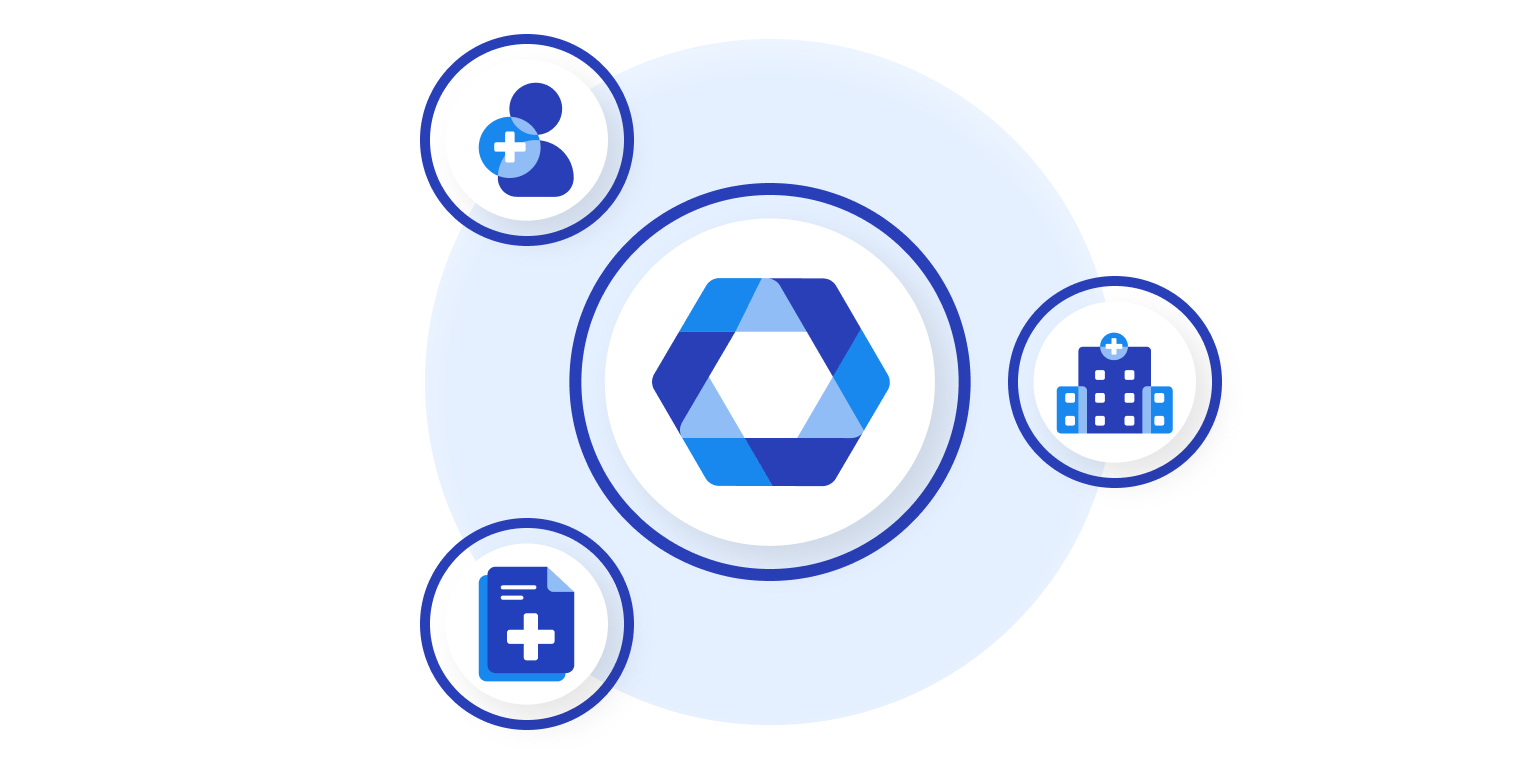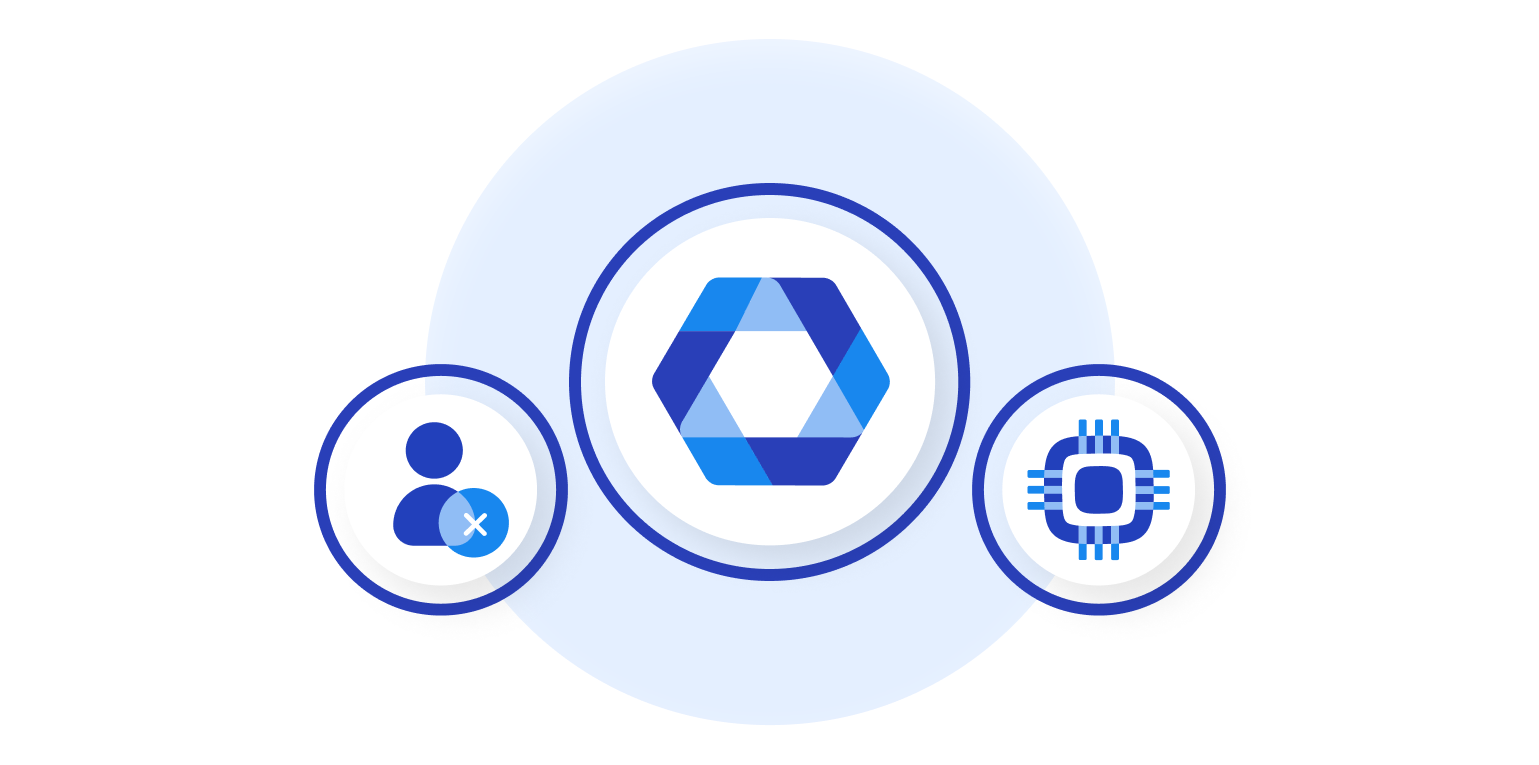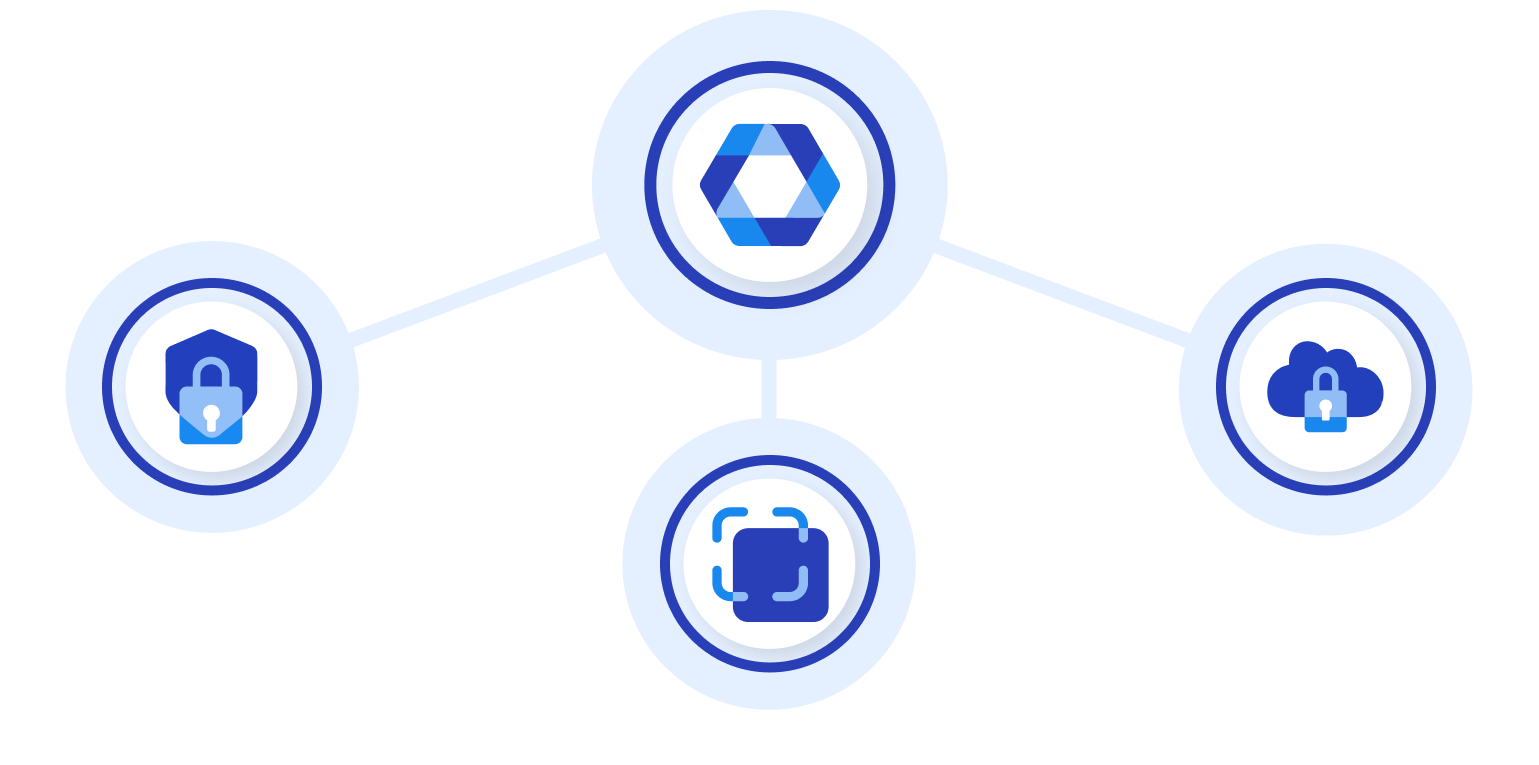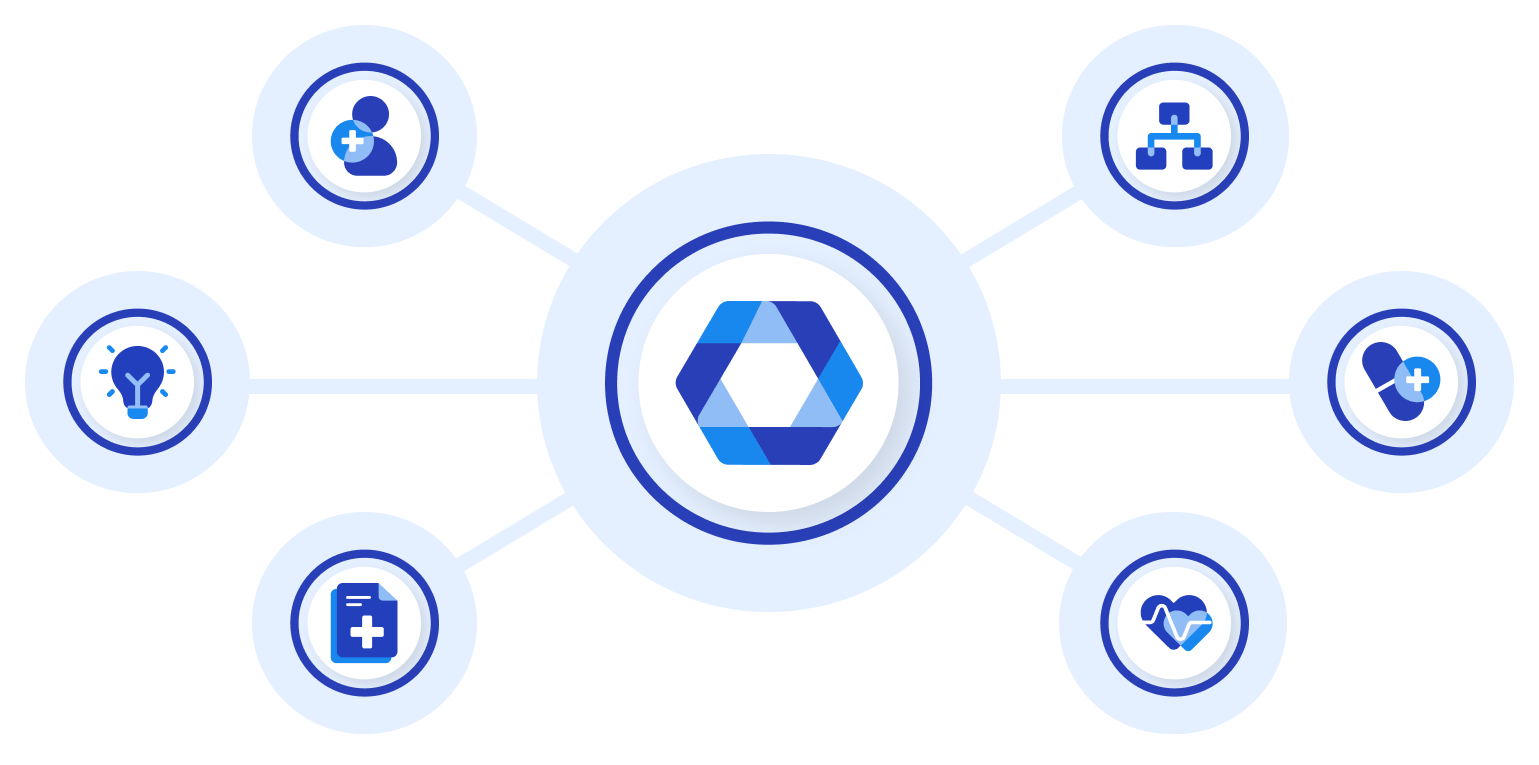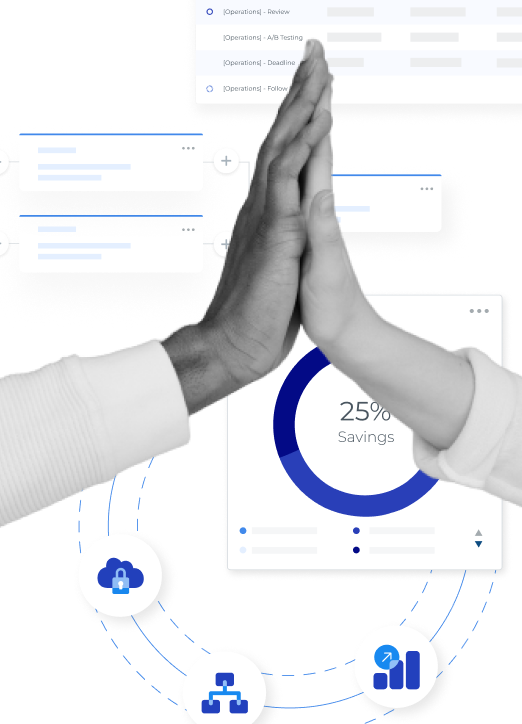AI is steadily becoming a critical ally of doctors, clinicians, and other healthcare practitioners.
The new reality promised by artificial intelligence (AI) in medicine involves easy disease diagnoses and personalized treatment plans tailored to each patient’s unique genes. Administrative tasks, once time-consuming, are automated, allowing healthcare professionals to focus entirely on patient care, which is the core of the medical profession.
In this article, we’ll dig deeper into the world of AI in medicine, exploring its roots, applications, common misconceptions, and future projections.
Understanding AI and Its Role in Medicine
Artificial intelligence (AI) refers to advanced machines capable of imitating human intelligence, learning from experiences, and continuously improving their performance.
In medicine, AI is a game-changer. It’s not just about replacing manual tasks with automation but enhancing accuracy, prediction, and personalization in healthcare.
AI is involved in all aspects of healthcare, from designing treatment plans and assisting in repetitive tasks to providing treatment recommendations, interpreting complex diagnostic tests, and even discovering new drugs. Its scope is vast, and we’re only scratching the surface of its potential.
History of AI in the Medical Field
The integration of AI and medicine isn’t recent; it’s been developing for years. The earliest signs of AI in medicine were simple computer programs that analyzed medical data to help diagnose patients. As technology evolved and data processing capabilities improved, so did the applications of AI in healthcare.
From these humble beginnings, we’ve witnessed an evolution into more complex and dynamic AI systems. These systems can manage an enormous volume of data, obtain meaningful insights from it, and provide accurate solutions to medical questions.
Today, we see AI applications across several medical fields, including medical imaging, genomics, drug discovery, and patient management.
Prominent Companies and Technologies in AI Medicine
AI in medicine is a bustling field, with several innovators driving change. From machine learning applications in pathology diagnostics to AI-driven personalized treatments, the application of AI in medicine is vast and continues to expand.
PathAI
PathAI, a technology leader in the AI–AI-healthcare scene, uses machine learning technology for pathology diagnostics. With its innovative AI-based solution, PathAI redefines pathology and diagnostics by creating new efficiencies and improving disease detection. Its technology promises to provide more accurate diagnoses, which can lead to better patient outcomes.
Tempus
Tackling the challenging field of oncology, Tempus uses AI to personalize cancer treatment. It analyzes both clinical and molecular data to recommend customized treatment options. This innovative method, almost unthinkable a few years ago, now offers new hope to cancer patients worldwide.
Zebra Medical Vision
Zebra Medical Vision is making waves with its AI algorithms that can understand and interpret medical imaging data. Its advanced AI solutions automate the reading of radiological scans such as X-rays, CT scans, and MRI scans, speeding up the diagnostic process and reducing the workload of radiologists.
Aidoc
Aidoc provides an AI-powered radiology solution. It gives radiologists AI-based tools that improve their efficiency and diagnostic accuracy. It helps them detect abnormalities in medical images more quickly and accurately.
Kizen
Kizen has a unique ability to build, connect, and deploy custom enterprise neural networks. These networks mimic the human brain, enabling far superior diagnostic capability and treatment precision over traditional methods.
Every healthcare institution is different, with unique patient demographics, disease profiles, and treatment protocols. Custom enterprise neural networks are tailored to a specific organization’s needs to provide accurate, data-driven solutions.
These networks can analyze massive volumes of patient data quickly and assist technologies in identifying patterns that human analysts might overlook. They can significantly aid in predicting disease progression, recommending the best treatments, and even anticipating patient readmissions.
This leads to proactive healthcare, where conditions are prevented early, drastically improving patient outcomes.
Even more, these networks enhance clinical decision-making by reducing bias, improving accuracy, and accelerating diagnoses. They’re crucial in areas like medical imaging, where they can connect across hundreds of data points in any number of software applications for a single patient, increasing the chances of early disease detection.
The future of healthcare will be significantly shaped by custom enterprise neural networks, going beyond traditional medical practices or the siloed use of AI within single software applications.
Types of AI Systems in Medicine
In healthcare, AI is useful not only in clinical applications but also in patient interaction and administrative tasks. It proves to be a versatile tool that enhances efficiency and outcomes in various areas of healthcare.
This versatility can be seen when we categorize AI systems into three primary areas: patient-oriented AI, clinician-oriented AI, and administrative and operational-oriented AI. Each category affects a different part of healthcare, reflecting the broad potential and applicability of AI in medicine.
Patient-Oriented AI
Patient-oriented AI systems are designed to give patients more control over their health and well-being. These range from AI-powered mobile apps tracking health metrics to virtual health assistants.
For instance, AI-powered wearables can track and analyze health metrics in real-time, alerting users and their healthcare providers about potential health issues before they become serious. These tools can provide patients with valuable insights about their health and help them make informed decisions and take preventive measures.
Moreover, AI-powered mental health applications provide therapy assistance for conditions like anxiety and depression. These applications can provide support and resources to those who may not have easy access to mental health professionals, making healthcare more accessible.
Clinician-Oriented AI
Clinician-oriented AI tools assist healthcare professionals in various tasks, from analyzing medical images to sifting through vast medical literature.
AI algorithms can analyze medical images such as X-rays, CT scans, and MRI scans with high precision, helping clinicians with diagnosis. They can detect anomalies that may be missed by humans, improving diagnostic accuracy and ultimately leading to better patient outcomes.
Furthermore, AI systems can rapidly sift through enormous amounts of medical research literature to assist clinicians in diagnosis or treatment planning. These can be invaluable in helping clinicians stay updated with the latest treatment methods.
Administrative and Operational-Oriented AI
AI also enhances administrative and operational tasks in the healthcare sector. It automates traditionally manual tasks like appointment scheduling, billing, and maintaining health records, increasing operational efficiency and allowing healthcare professionals to focus more on patient care.
AI can automate scheduling by analyzing patterns and tailoring appointments to patient needs and staff availability. AI-powered billing systems can reduce errors and increase accuracy, while AI-assisted records management can streamline patient data storage and retrieval, ensuring crucial patient information is easily accessible when needed.
Present-Day Use of AI in Medicine
In the modern medical landscape, AI has transitioned from being a theoretical concept to a practical tool that’s bringing significant change. It’s affecting all aspects of healthcare, from disease diagnosis to treatment recommendation, enhancing the effectiveness and accuracy of medical care.
AI in Disease Diagnosis
AI systems are proving invaluable in disease diagnosis. One of the areas where AI has shown remarkable promise is radiology.
With the ability to analyze hundreds of images within seconds, AI systems can identify abnormalities in medical scans with a precision that matches – and sometimes surpasses – human experts. This is particularly useful in detecting diseases like cancer, where early diagnosis can dramatically improve survival rates.
AI also advances genomics by helping scientists understand how genetic variations contribute to the development of diseases. Artificial Intelligence systems can analyze vast quantities of genomic data to identify variations that could lead to disease, enabling early detection and preventive measures.
AI in Treatment Recommendation
Beyond diagnosis, AI is also transforming treatment recommendations and delivery, moving away from the traditional one-size-fits-all approach to personalized care.
AI systems can analyze a patient’s unique genetic profile and clinical data to recommend effective treatments. This is particularly beneficial in areas like oncology, where targeted therapies can dramatically improve treatment outcomes.
AI is also enhancing medication management, particularly for patients with multiple medications. AI systems can flag potential drug interactions, suggest suitable dosages, and remind patients to take their medications, improving adherence and outcomes.
Moreover, AI is being used to predict patient responses to different treatments based on their health data, helping healthcare providers choose the most effective treatment plan and anticipate patient health trends, which can aid in preventive care and management of chronic conditions.
Exploring Common Misconceptions of AI in Medicine
AI in medicine comes with its fair share of misconceptions, which can cause hesitation and limit the full potential of AI in healthcare. Here, we debunk these myths and uncover the truths about AI in medicine.
Replacement of Clinicians by AI
A common misconception is that AI will replace clinicians. While AI indeed brings automation and precision, it’s designed to assist clinicians and not replace them.
AI can analyze large amounts of data far quicker than any human could. However, it can’t replace the human touch, empathy, and subjective judgment a healthcare professional brings to patient care. Clinicians can also consider a patient’s circumstances and emotions, which AI may not completely comprehend.
So the best approach is to view AI as a partner of clinicians providing additional insights for better-informed decisions.
Necessity of Programming Knowledge to Use AI
Another misconception about AI in medicine is that it requires extensive programming knowledge. While developing AI algorithms requires specialized skills, using pre-built AI tools doesn’t necessarily require a deep understanding of programming.
In fact, many AI tools for healthcare have intuitive, user-friendly interfaces. For non-technical healthcare staff, adequate training and support are often enough to effectively use these tools. Some AI companies even offer continuous support and training services to ensure their AI tools are accessible and easy to use for all healthcare staff.
For example, Kizen helps healthcare institutions smoothly transition into using AI with its no-code drag & drop tools. These tools allow anyone in an organization, regardless of their technical skills, to perform advanced data queries and build and deploy apps without writing a single line of code.
This enables wider adoption of AI in healthcare, ensuring its benefits are accessible to all, from clinicians to administrative staff.
Challenges and Limitations of AI in Medicine
Despite its huge potential and exciting opportunities, AI in medicine faces significant challenges, including data-related issues and ethical and security considerations. These must be addressed before AI can be fully integrated into the healthcare sector. Let’s explore these challenges in more detail.
Data-Related Challenges
One of the primary challenges of implementing AI in medicine relates to data: its quality, quantity, preprocessing needs, and fragmentation. These challenges can significantly impact the effectiveness of AI in healthcare.
Biased Data
A major issue in AI applications arises from biased data. AI systems learn from their training data, and if this data is biased or skewed, the AI system might produce inaccurate or biased results. Hence, using balanced, inclusive, and representative data is critical to ensure AI predictions are fair and accurate.
Data Preprocessing
Healthcare data is complex and needs cleaning and preprocessing before training AI models. This preprocessing is a time-consuming and expertise-demanding task. It involves handling missing values, standardizing measurements, and dealing with irregularities. Any errors in this stage can lead to inaccurate AI models, affecting AI’s quality and reliability in healthcare.
Fragmented Data
Fragmentation is another significant challenge. Healthcare data is often spread across different systems, departments, and locations, causing difficulties in collecting and analyzing data, ultimately reducing the effectiveness of AI in healthcare.
Model Selection
Choosing the correct model for machine learning in medicine is another crucial challenge. The complexity of healthcare data and the need for accurate predictions make selecting the right model critical, necessitating a deep understanding of both the medical context and AI systems.
Ethical and Security Considerations
AI also brings ethical and security considerations that can’t be ignored. From patient privacy to accountability and transparency, the ethical use of AI in healthcare needs careful thought and ongoing discussions.
Patient Privacy
Using AI in healthcare involves dealing with sensitive patient data, which raises serious privacy concerns. Proper handling of how this data is collected, stored, processed, and shared is essential to protect patient privacy and comply with data protection regulations.
Data Preprocessing
Apart from ensuring quality AI applications, data preprocessing is crucial for maintaining patient privacy. It involves stripping healthcare data of identifying information and ensuring sensitive information is securely handled during preprocessing.
Fragmented Data
Fragmented data not only presents challenges for data analysis but also creates security concerns. When patient data is scattered across multiple systems, it becomes more challenging to secure and manage. This increases the risk of data breaches and makes it harder to maintain patient privacy.
Future of AI in Medical Sciences
The rapid advancement of AI technologies and their increasing integration into healthcare indicate a future where AI will play an increasingly prominent role in medicine. Its impact is expected to be significant in the following areas:
Personalized Medicine
One of the most promising future applications of AI in medicine is personalized medicine. AI can analyze a patient’s unique genetic makeup and clinical data to recommend the most effective treatments. This approach can improve the effectiveness of treatments and reduce side effects, leading to better patient outcomes.
Predictive Healthcare
AI is also expected to significantly influence predictive healthcare. It can analyze vast amounts of patient data to predict health risks and outcomes, enabling early intervention and prevention, which are often more effective and less costly than treating diseases at more advanced stages.
Intelligent Health Records
Healthcare data management is likely to be transformed by AI. Intelligent health records using AI algorithms to analyze and interpret patient data could provide healthcare professionals with actionable insights, leading to more informed decision-making and improved patient outcomes.
Automated Administrative Tasks
AI is set to further automate administrative tasks in healthcare, reducing the time healthcare professionals spend on paperwork and freeing them to focus more on patient care. AI-powered scheduling, billing, and reporting systems could streamline these processes and increase overall efficiency.
Drug Discovery
AI could dramatically accelerate drug discovery, reducing the time and cost of bringing new medicines to the market. It can analyze vast amounts of data to identify potential drug candidates and predict their effectiveness and side effects, speeding up the early stages of drug discovery.
Global Health Trends
On a broader scale, AI could help predict and manage global health trends. It can analyze vast amounts of health data worldwide to detect trends and predict future health crises. This could be invaluable in managing public health and preventing global health crises.
The Future of Efficient, Personalized Healthcare
AI is becoming a key player in the transformation of healthcare. Its application in disease diagnosis and treatment recommendations, along with its use in administrative tasks, promises improvements in efficiency, accuracy, and personalization in healthcare.
However, AI isn’t without challenges. Data-related issues, ethical considerations, and security concerns are potential hurdles to fully integrating it into healthcare.
Nonetheless, the potential benefits of AI are huge. As we continue to address these challenges and refine the technology, we become closer to a future where healthcare is more accessible, personalized, and precise. The process may be complex, but the result – a healthier world supported by intelligent systems – makes it worthwhile.
Are you ready to embrace this transformation? Choose Kizen as your partner in AI-integrated healthcare. With our tailored AI solutions, we can offer you the tools to provide better healthcare outcomes and create a healthier future for all. Talk to a Kizen expert today to discuss your needs..



